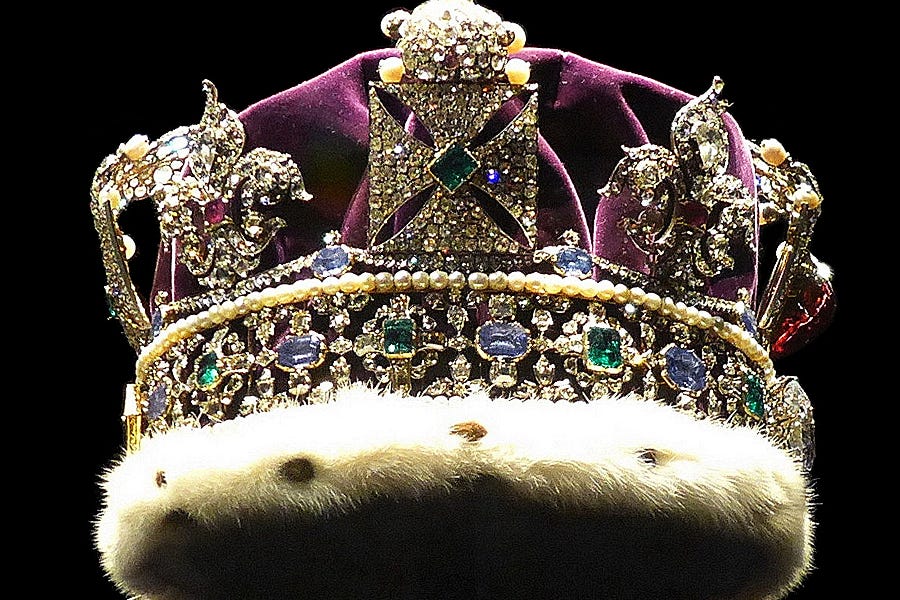Why Charles III will be anointed at his coronation
The act is rooted not only in England’s Catholic past, but further back to biblical times.
Millions of people will watch the coronation of King Charles III when it is broadcast live around the world this Saturday.

But they won’t see the most sacred moment of the Anglican service held May 6 at Westminster Abbey.
The cameras …
